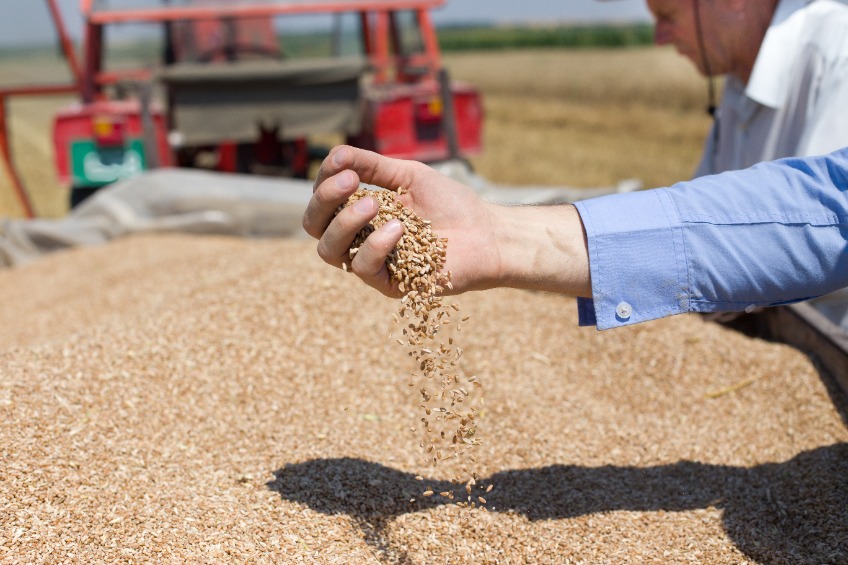
Farming groups are scrutinising the final business case proposed for the introduction of digital grain passports (DGP) to accompany grain movements.
Digitising paper passports, a move away from the current paper system, to improve food and feed safety data communication, through supply chains, has been discussed for more than a decade.
The NFU and NFU Scotland went out to its membership to gather feedback on the proposal, online and through their regional and national boards.
The business case was brought forward by the DGP leadership group, made up of industry stakeholders, with organisations required to respond to the final business case by early July.
Consultation with the industry on the introduction of DGPs first commenced in 2022, with further consultation started in November 2023 and concluding in February 2024.
At that time, NFU Scotland said that, broadly, farmers in Scotland remained unsupportive of the introduction of digital grain passports.
The union said that farmers had determined that criteria around being fit for purpose, data ownership and data usage had been met.
However, criteria around accessibility, efficiency and proportionate costs versus benefits had not.
At that time, NFU Scotland said it remained unconvinced that moving to a digital system would be better than a paper system.
NFU Scotland’s combinable crops chair, Jack Stevenson said: "We welcome publication of the final business case for DGP.
"NFUS has been actively representing our arable members in discussions and we know that there are split views within the industry with regards to whether moving to a digital system is a positive step forward.
“As discussions have evolved it has become clear is that some end users, including millers and maltsters, are now starting to make the case for a digital passport.
“The NFUS combinable crops committee previously established six key tests for the DGP, and we will consider if these have been met by the new business case.”
What are the union's six key tests?
When assessing the pros and cons of introducing DGP, NFU Scotland set six key criteria to consider:
• Is it accessible?
• Is it efficient?
• Is it fit for purpose? (does scope remain within paper passport requirements)
• Are costs proportionate to benefits?
• Will the data be owned by those who provide it?
• Will the farming sector have a say in how the data is used?
